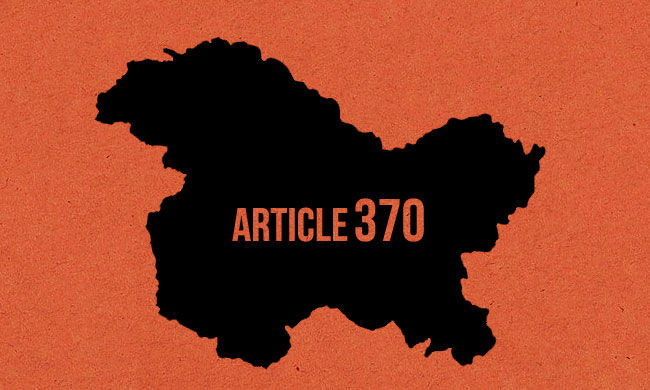Introduction
Article 370, a provision in the Indian Constitution, has been a contentious issue for over seven decades. It grants special status to the state of Jammu and Kashmir, allowing it to have its own constitution, flag, and laws, in addition to the Indian Constitution. However, this special status has been a subject of debate, with many arguing that it has hindered the state’s integration with the rest of India and created a sense of separatism. In recent years, there have been growing calls for the abrogation of Article 370, with many believing that it is essential for the state’s development and prosperity. In this article, we will explore the potential resolution of Article 370, its implications, and outcomes.
Background
Article 370 was introduced in 1949, when the Indian Constitution was being drafted. The provision was included to address the concerns of the people of Jammu and Kashmir, who were hesitant to join the Indian Union. The article granted the state a special status, allowing it to have a significant degree of autonomy. However, over the years, the provision has been amended several times, diluting its original intent.
Arguments for Abrogation
There are several arguments in favor of abrogating Article 370. One of the primary reasons is that it has created a sense of separatism in the state. The special status has led to a feeling of disconnection from the rest of India, with many in Jammu and Kashmir feeling that they are not fully part of the Indian Union. This has contributed to the rise of separatist movements in the state, which have been a major challenge for the Indian government.
Another argument is that Article 370 has hindered the state’s development. The special status has limited the state’s ability to attract investment and talent from outside, as many are deterred by the complex laws and regulations that govern the state. This has resulted in Jammu and Kashmir lagging behind other states in terms of economic development.
Arguments Against Abrogation
However, there are also arguments against abrogating Article 370. One of the primary concerns is that it could lead to a loss of autonomy for the state. The special status has allowed Jammu and Kashmir to maintain its unique cultural and religious identity, which could be eroded if the state is fully integrated into the Indian Union.
Another concern is that abrogation could lead to unrest and violence in the state. The separatist movements in Jammu and Kashmir have been fueled by a sense of grievance and marginalization, and any attempt to revoke the special status could be seen as an attack on the state’s identity and autonomy.
Potential Outcomes
If Article 370 is abrogated, there are several potential outcomes. One possibility is that the state could be fully integrated into the Indian Union, with the Indian Constitution applying in its entirety. This could lead to greater economic development and investment in the state, as well as a sense of greater connection to the rest of India.
Another possibility is that the state could be granted a new status, such as a union territory, which would allow it to maintain some degree of autonomy while still being part of the Indian Union. This could be a compromise between those who want to maintain the state’s special status and those who want to see it fully integrated into India.
Challenges and Opportunities
Resolving Article 370 will not be without its challenges. One of the primary challenges will be addressing the concerns of the people of Jammu and Kashmir, who are likely to be resistant to any changes to the state’s special status. The Indian government will need to engage in a process of dialogue and consultation with the state’s leaders and people to ensure that their concerns are heard and addressed.
However, resolving Article 370 also presents opportunities. One of the primary opportunities is the potential for greater economic development in the state. With the special status removed, Jammu and Kashmir could attract more investment and talent from outside, leading to greater economic growth and prosperity.
Conclusion
Resolving Article 370 is a complex and contentious issue, with arguments both for and against abrogation. However, it is clear that the status quo is not sustainable, and some form of resolution is necessary. The Indian government must engage in a process of dialogue and consultation with the people of Jammu and Kashmir to ensure that their concerns are heard and addressed. Ultimately, resolving Article 370 could lead to a new chapter for Jammu and Kashmir, one of greater economic development, prosperity, and integration with the rest of India.
Recommendations
Based on the analysis above, the following recommendations can be made:
1. The Indian government should engage in a process of dialogue and consultation with the people of Jammu and Kashmir to ensure that their concerns are heard and addressed.
2. The government should consider granting the state a new status, such as a union territory, which would allow it to maintain some degree of autonomy while still being part of the Indian Union.
3. The government should take steps to address the economic and social challenges facing the state, including investing in infrastructure and education.
4. The government should work to promote greater understanding and integration between Jammu and Kashmir and the rest of India, through cultural and educational exchanges.
By following these recommendations, the Indian government can work towards resolving Article 370 in a way that is fair, just, and beneficial to all parties involved.
Writer :- Imran Kashmiri
Member of Kashmir writers Association







